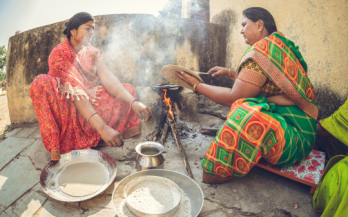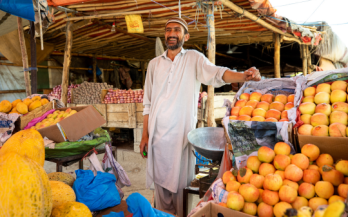
14 October 2024 | Africa.com
Dietary Shifts (DISH) Competition 2024 Launched In Kenya And Indonesia

14 October 2024 | Africa.com
Dietary Shifts (DISH) Competition 2024 Launched In Kenya And Indonesia

14 October 2024 | Sikkim Espress
Towards Strengthening and Sustaining India’s Nutrition Gains and Progress

20 September 2024 | MINT

27 September 2024 | India Education Diary
Climate and Health Solutions Conclave Concludes with Strategic Insights for India’s Future

14 September 2024 | Pakistan Observer
Half of Pakistan’s population facing persistent health risk amid poor access to healthy diet

15 September 2024 | Associated Press of Pakistan
18.39 percent households undernourished with majority in urban areas of Pakistan: Report

- 11/09/2024
Enhancing nutrition for India’s working-age population through workforce nutrition practices can yield numerous benefits, including improved well-being for workers and their families, better productivity, and a stronger economy. Key pillars include access to healthy food, breastfeeding support, nutrition health checks, and nutrition education.
6 September 2024 | The Economic Times
60% of people aren't consuming these 4 key nutrients vital for heart, bone, and immunity:

- 11/09/2024
This brief describes a Government of India initiative – the Healthy and Hygienic Food Streets (HHFS) programme that aims to make the country’s street food safer. It shares some of GAIN’s recent contributions to these efforts and provides some implications for national and state governments to consider.
- 04/09/2024
Pakistan’s many small- and medium-sized enterprises (SMEs), including the large number involved in (nutritious) food supply, are held back by lack of access to adequate finance. Actions could be taken by government, private banks, and other finance providers to help resolve this critical capacity constraint.